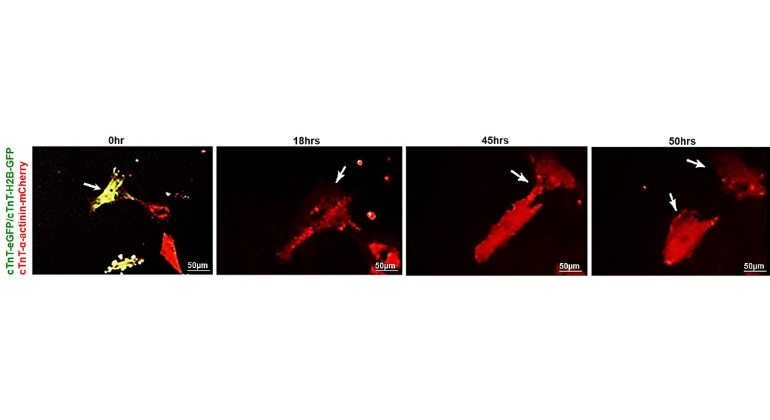

First-ever discovery by Hina Chaudhry, MD of Mount Sinai could lead to new and less invasive treatments
A naturally occurring gene called Cyclin A2 (CCNA2), which turns off after birth in humans, can actually make new, functioning heart cells and help the heart repair itself from injury including a heart attack or heart failure when the gene is turned back on. These are the breakthrough results from a Mount Sinai study published November 3, in Nature Portfolio Journals Regenerative Medicine. This first-time discovery made by Hina Chaudhry, MD, Director of Cardiovascular Regenerative Medicine at the Icahn School of Medicine at Mount Sinai, and her team could lead to new techniques to repair damaged hearts, as an alternative to heart transplants or implanted cardiac devices.
This groundbreaking work builds on Dr. Chaudhry’s landmark 2014 study in Science Translational Medicine, in which her team became the first in the world to regenerate the heart of a large mammal (pig) after a heart attack by reactivating CCNA2. These hearts closely mimic the heart of humans. That work demonstrated that the approach could heal the most clinically relevant heart model. Now, the new study provides the translational bridge, proving that a human-compatible viral vector can safely and effectively trigger cell division in adult human heart cells.
